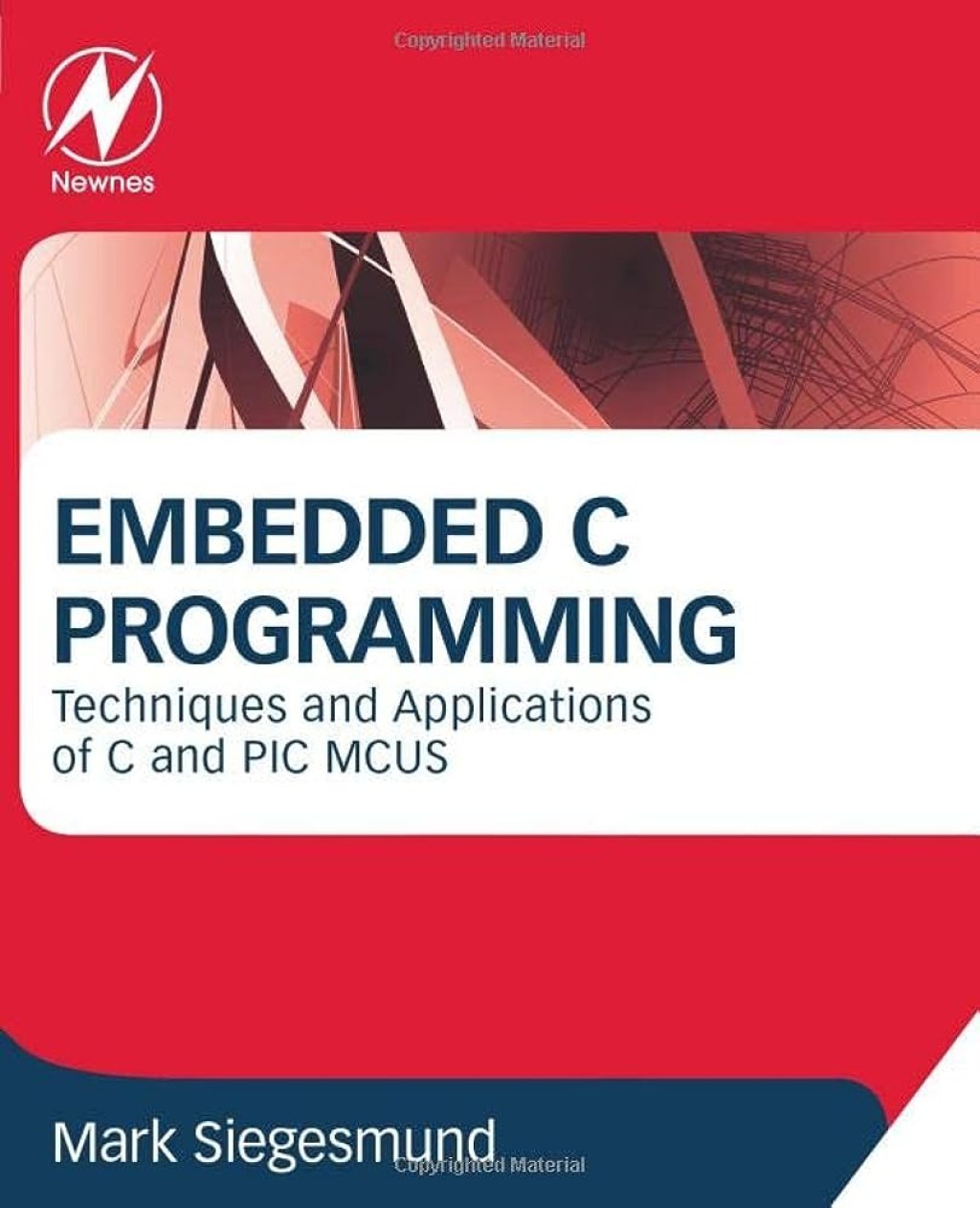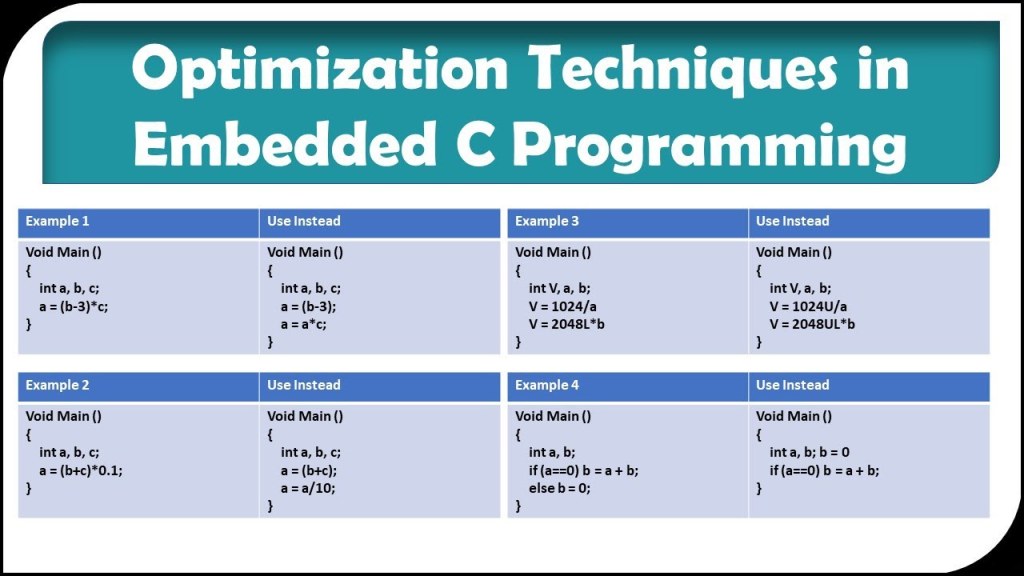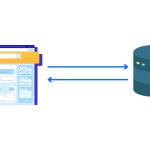Mastering The Art Of Programming Techniques In C: Unleash Your Full Potential With Actionable Strategies!
Programming Techniques in C
Greetings, Readers! Today, we will delve into the world of programming techniques in the C language. As one of the oldest and most influential programming languages, C offers a wide range of techniques that can enhance your coding skills and improve the efficiency of your programs. Whether you are a beginner or an experienced programmer, mastering these techniques will undoubtedly benefit you in your programming journey. So, let’s dive in and explore the fascinating world of programming techniques in C!
Introduction
C programming techniques involve various methods and strategies that programmers use to optimize and enhance their code. These techniques not only improve program efficiency but also make the code more readable and maintainable. In this article, we will discuss some of the most important programming techniques in C and explore how they can be applied to solve real-world coding problems.
2 Picture Gallery: Mastering The Art Of Programming Techniques In C: Unleash Your Full Potential With Actionable Strategies!


Before we delve into the details, let’s take a brief look at the table below, which provides an overview of the different programming techniques in C:
Technique
Description
Pointer Arithmetic
Manipulating memory addresses and accessing data using pointer arithmetic.

Image Source: media-amazon.com
Dynamic Memory Allocation
Allocating and managing memory dynamically during program execution.
Structures and Unions
Creating custom data types using structures and unions.
File Handling
Reading from and writing to files using file handling techniques.
Recursion
Implementing recursive functions to solve problems that can be divided into smaller subproblems.
Bit Manipulation
Performing operations at the bit level to optimize memory usage and improve performance.

Image Source: ytimg.com
Now, let’s dive deeper into each of these techniques and explore their applications:
1. Pointer Arithmetic
Pointer arithmetic is a powerful technique in C that allows programmers to perform calculations on memory addresses. By manipulating pointers, you can access and modify data efficiently. This technique is particularly useful when working with arrays, strings, and data structures.
Example:
In this example, we will use pointer arithmetic to iterate through an array and print its elements:
“`c
#include
int main() {
int numbers[] = {1, 2, 3, 4, 5};
int* ptr = numbers; // pointer to the first element of the array
for (int i = 0; i < 5; i++) {
printf(%d , *ptr); // print the value at the memory address pointed by ptr
ptr++; // move the pointer to the next element
}
return 0;
}
“`
The output of this program will be: 1 2 3 4 5
…
5. Recursion
Recursion is a powerful technique in programming that involves defining a function in terms of itself. In C, recursive functions can be used to solve problems that can be divided into smaller subproblems. They offer an elegant and concise approach to problem-solving.
Example:
In this example, we will implement a recursive function to calculate the factorial of a number:
“`c
#include
int factorial(int n) {
if (n == 0 || n == 1) {
return 1;
} else {
return n * factorial(n – 1);
}
}
int main() {
int n = 5;
int result = factorial(n);
printf(The factorial of %d is %dn, n, result);
return 0;
}
“`
The output of this program will be: The factorial of 5 is 120
…
Advantages and Disadvantages of Programming Techniques in C
Advantages:
1. Improved efficiency: Programming techniques in C can significantly improve the efficiency of your code, making it run faster and consume less memory.
2. Enhanced code readability: Using techniques like structures and unions can make your code more readable and organized, making it easier to understand and maintain.
3. Portability: C is a portable programming language, which means that programs written in C can be compiled and run on different platforms with minimal modifications.
4. Low-level control: C provides low-level control over memory and hardware, allowing programmers to optimize code and perform tasks that are not possible in higher-level languages.
5. Vast community and resources: C has a large and active community of programmers, which means that there are plenty of resources, tutorials, and libraries available to aid in learning and development.
Disadvantages:
1. Complexity: C is a low-level language that requires a good understanding of computer architecture and memory management. This can make it more challenging for beginners to learn and use effectively.
2. Lack of built-in features: Compared to modern programming languages, C lacks many built-in features and libraries for tasks like string manipulation, networking, and GUI development. This may require additional effort and external libraries to accomplish such tasks.
3. Risk of memory leaks and segmentation faults: Improper memory management in C can lead to memory leaks and segmentation faults, which can be difficult to debug and fix.
4. Limited object-oriented programming support: C does not provide built-in support for object-oriented programming concepts like classes and inheritance. To achieve object-oriented programming in C, developers need to employ different techniques and conventions.
5. Steep learning curve: Due to its low-level nature and complex syntax, C has a steep learning curve, especially for individuals with no prior programming experience.
…
FAQ
1. Can I use C programming techniques in other programming languages?
Yes, many programming techniques used in C, such as pointer arithmetic and recursion, are applicable to other programming languages. However, the syntax and implementation may vary.
2. Is C still relevant in the modern programming world?
Yes, C is still widely used in various domains, including system programming, embedded systems, and developing high-performance applications. Its efficiency and low-level control make it a valuable language for certain use cases.
3. Are there any limitations to using programming techniques in C?
While programming techniques in C offer numerous benefits, they also come with certain limitations. These include the complexity of understanding low-level concepts, potential memory management issues, and the need for additional effort to accomplish certain tasks.
4. Can I combine different programming techniques in C?
Absolutely! In fact, combining different programming techniques is often the best approach to solving complex problems. By leveraging multiple techniques, you can create more efficient and robust solutions.
5. Where can I learn more about programming techniques in C?
There are various online resources, tutorials, and books available for learning programming techniques in C. Some recommended resources include The C Programming Language by Brian Kernighan and Dennis Ritchie and online platforms like Stack Overflow and GeeksforGeeks.
…
Conclusion
In conclusion, mastering programming techniques in C can significantly enhance your coding skills and improve the efficiency of your programs. From pointer arithmetic to recursion, each technique offers unique advantages and can be applied to solve a wide range of coding problems. However, it is important to understand the advantages and disadvantages of these techniques and use them judiciously.
So, what are you waiting for? Start exploring and experimenting with these programming techniques in C to elevate your coding prowess and unlock a world of possibilities!
…
Final Remarks
Programming techniques in C are an essential part of every programmer’s toolkit. While they may require some extra effort to master, the benefits they offer are well worth it. By using these techniques, you can optimize your code, improve performance, and create more efficient and maintainable programs.
However, it is important to remember that programming is a continuous learning process. As new technologies and programming languages emerge, it is important to stay updated and adapt to changing trends. So, keep exploring, learning, and honing your programming skills to stay at the forefront of the ever-evolving world of technology.
This post topic: Programming


